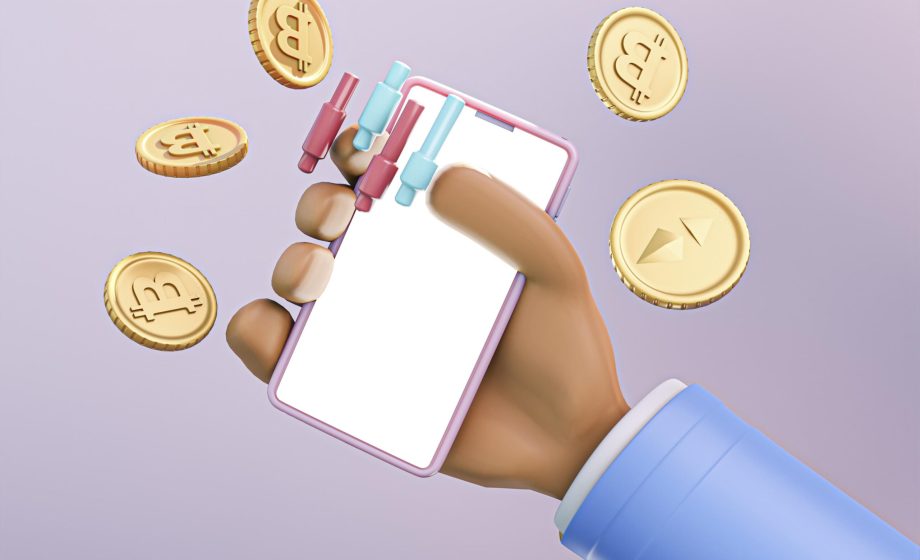There’s now a popular observation in the Crypto space that several Crypto HODLers and traders aren’t paying attention to inheritance and death, partly because they’re mostly young.
It’s but a few that have mapped out an inheritance plan to ensure their loved ones could access their assets after death.
According to kuCoin CEO Jonny Lyu, “Crypto inheritance is still poorly understood because most Crypto HODLers are young, and as such aren’t thinking about their death and inheritance.”
Lyu added, “This can be managed through private keys in a cold wallet that’s often stored in a safe and held with a notary.”
Meanwhile, about 4 million Bitcoins have been lost and lying idle in unaccessible wallets. In fact, a huge portion of the Bitcoin belongs to HODLers who have died without sharing their wallet access with anyone.
Simply put, without a plan to transfer your private keys, your Crypto assets would be useless to your loved ones.
Some believe that over 1 million Bitcoins owned by Satoshi Nakamoto haven’t been touched because no one could access them.
The importance of HODLers sharing private keys with loved ones
Cryptocurrencies are created for self-determination. They offer the owners full control of their assets.
Cryptos like Bitcoins puts owners’ wealth right in their hands with no intermediaries. Crypto assets are stored on the blockchain and visible to anybody with the public key.
The private keys, a long string of characters, act like passwords. The entity or person controlling the private keys controls the Crypto.
They can’t be recovered when you forget or lose your private keys.
To be on the safer side, it’s important to tell your loved one your password. Most wallets have a 12 or 24-word recovery sentence which serves as a readable representation of the private key.
Meanwhile, giving your loved ones your private keys or passwords can be dicey. If your loved ones couldn’t find your Crypto private keys after you die, they can’t access them.
On the other hand, if you share your password with them while still alive, they might steal your crypto before you even die. It’s a dilemma!
Against this, Jonny Lyu gave his opinion, “If HODLers doesn’t want to transfer the Crypto before dying, then he needs to think of drawing up a will and an inventory of the contents necessary for their heirs to open the wallet.”
The CEO added that holders who wish to transfer their assets must solve the challenge of maintaining anonymity until their heirs can come for any claims. However, he conceded that sharing access credentials can compromise the anonymity or safety of holders.
Making plans
Some Crypto HODLers have had their means of ensuring their heirs assume ownership of their assets at the right time.
Some write down the private keys, wallet addresses, or/and seed phrases on paper and lock them up in secret lockers.
Paper wallets are widely used, but they can be mistakenly thrown away like trash when seen years later.
Other HODLers turn to blockchain solutions like Serenity Shield for safety. The Shield permits users to design an inheritance StrongBox, a virtual safe, via the encrypted and entirely decentralized solution.
StrongBox functions as a Crypto inheritance and insurance against private key loss.
Serenity Shield users can configure their StrongBox with sensitive details before it’s encrypted and divided into three special NFTs securely stored on Secret Network blockchain.
How it works;
- The NFT will remain with the user’s account.
- The NFT would be sent to the designated heir.
- NFT would be kept safely in the Serenity Shield Smart Contract Vault.
The account owner or the heir will need a minimum of 2 NFTs to crack the StrongBox. The Serenity Shield Smart Contract would only send the third NFT to the heir if the StrongBox Activation Policy defined is met.
Users can claim the 3rd NFT to cancel or change the StrongBox terms or restore the information.
In the same vein, centralized exchanges such as Binance and Coinbase are equally becoming more popular.
For example, Coinbase allows a family member to access a dead loved one’s account after presenting essential documents like a death certificate and last will.
However, the exchanges won’t allow you to have direct ownership of your coins. In other words, you won’t have access to your private keys.
This can become risky as some centralized exchanges have folded or hacked. These popular centralized exchanges have witnessed hacking events; Binance in 2019, the infamous MtGox in 2014, KuCoin in 2020, and Bitfinex in 2016.
In addition, you can use hardware and software wallets to secure your digital assets. Software wallets are easy and free to use. They offer a 12 or 24-word seed phrase to have remote wallet access and recovery.
Several users store their seed phrases in IoT devices or emails, thereby increasing hacking risks. Hardware wallets can have the same risk, the seed phase being lost.
Final say
Following the rising acceptance of Crypto investment and the urge for self-custody, it’s important for you as a Crypto HODLers to make sure your loved ones can access your private keys and Crypto assets when you’re gone.
Giving assets to loved ones is better than losing them. Without a proper plan to transfer the private keys at the right time, your Crypto assets would be gone.
Just have an inheritance plan in place!

